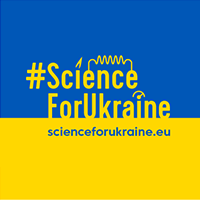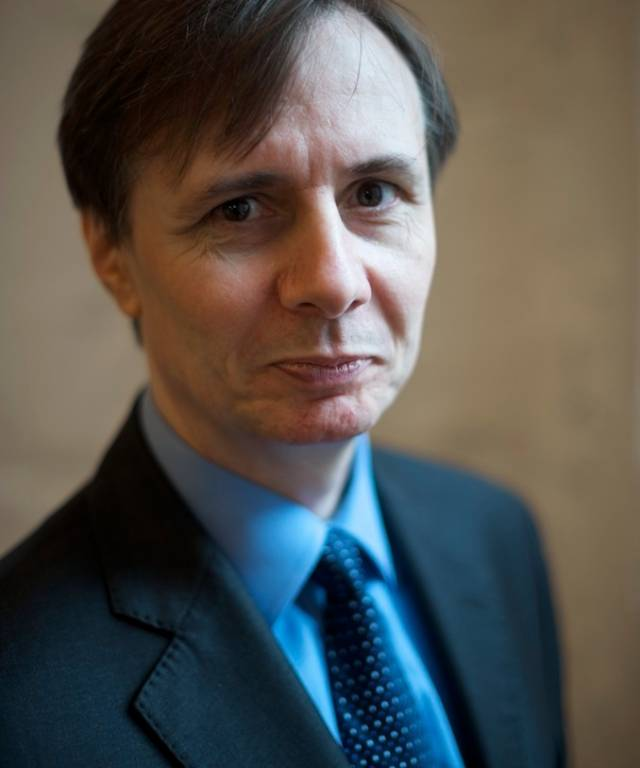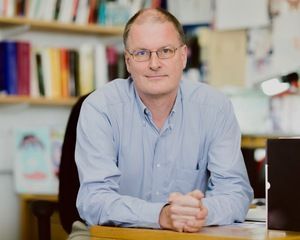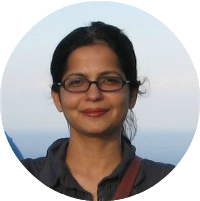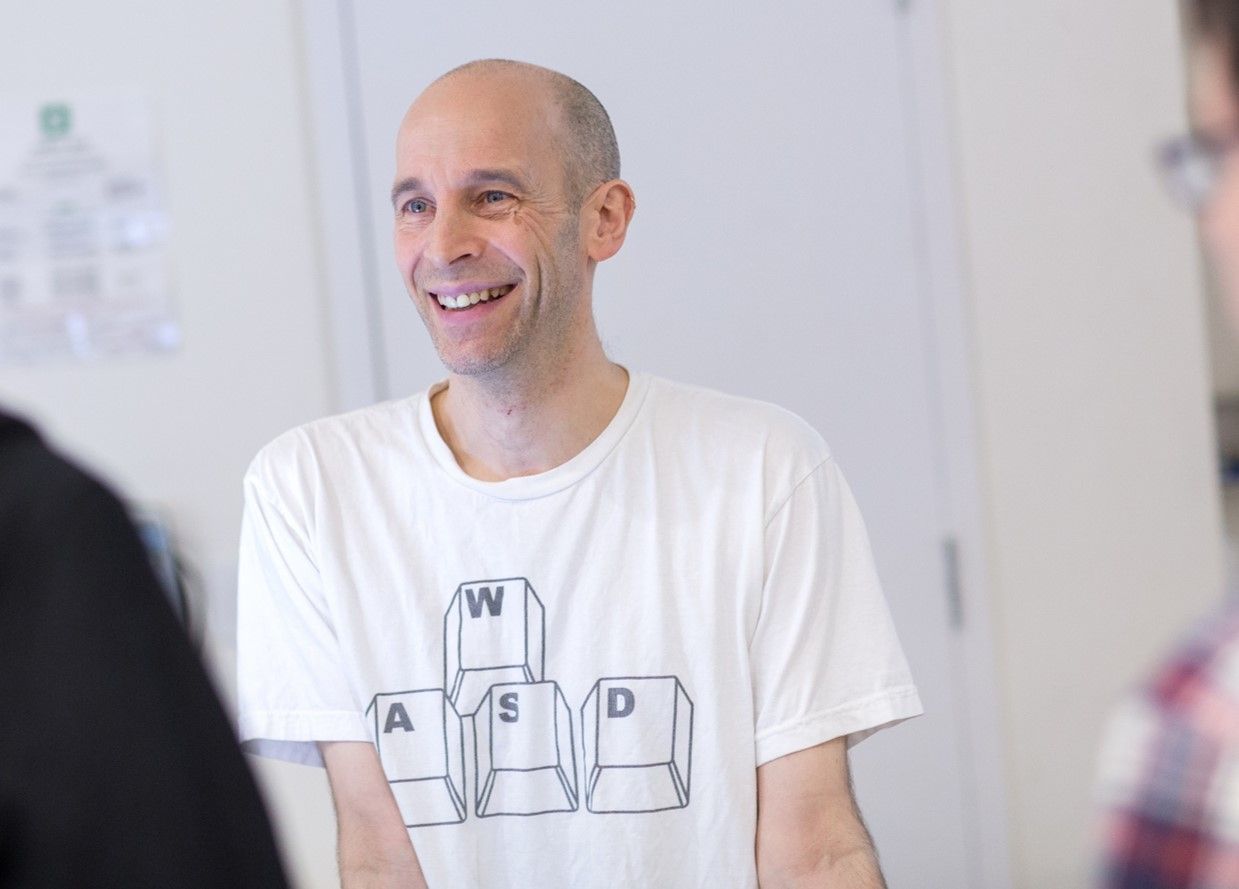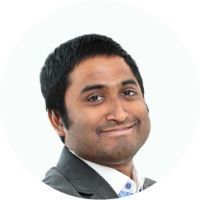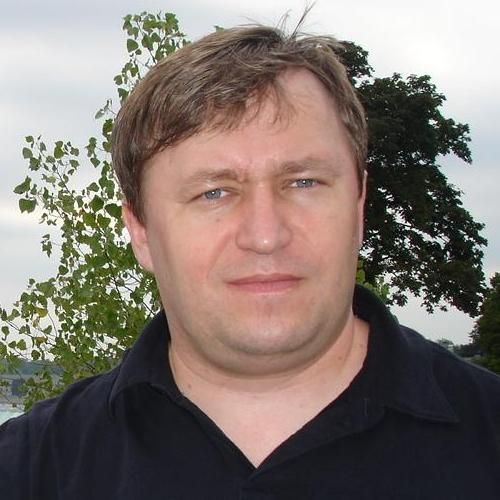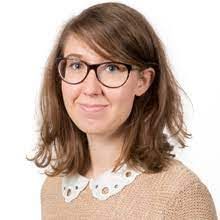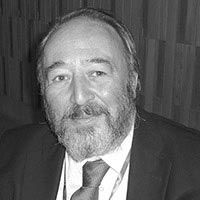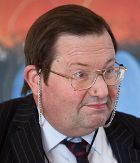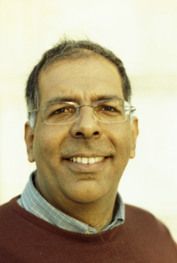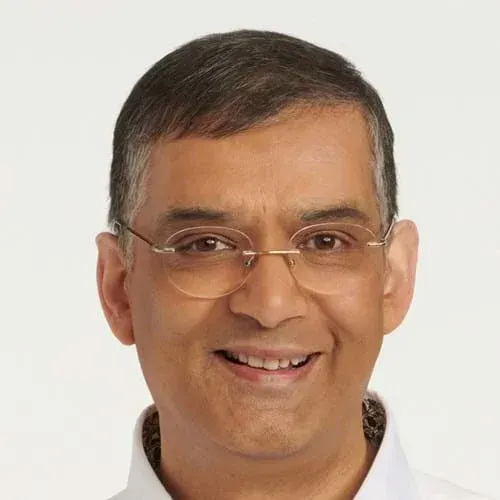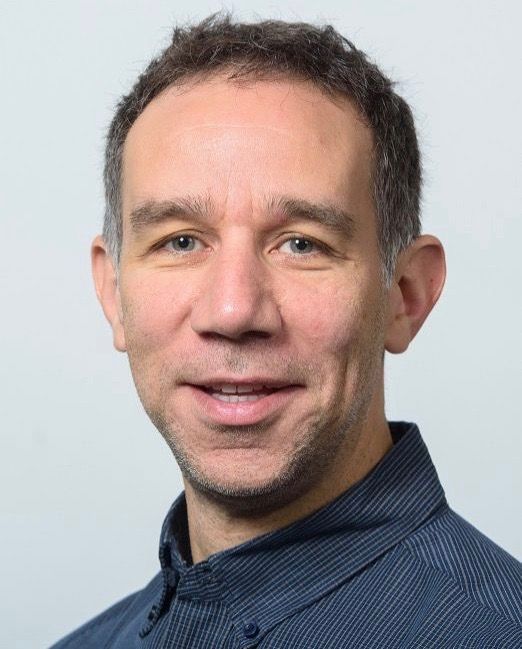Digital Theme UK-Ukraine Twinning Initiative
UK team of #ScienceForUkraine and The University of Liverpool
with the support of EPSRC's Global Challenges Research Fund (GCRF)
aims to promote research collaboration with Ukraine along the
Digital Theme
(Mathematics, Computer Science, Computational Engineering).

DIGITAL THEME TWINNING CONFERENCE 27-31 March 2023 (Online)
Our objective is to help Ukrainian academics at Universities and Research institutes to integrate into the international research network and to find new research contacts. In the long term, the high-quality research across the Digital Theme should drive the development of the Digital Infrastructure, Digital Economy and IT sector in Ukraine and support the recent OECD Policy Response "Digitalisation for recovery in Ukraine"
The Digital Theme Research Twinning conference is focused on UK-Ukraine collaboration and later this initiative will be extended to other forms.
For stimulating twinning, the programme of the online Showcase/Exhibition/ Conference will consist of
- invited talks given by world-leading UK/International researchers who will introduce perspective directions of research, justify approachable and long-term challenges and present a map of research centres in their field
- invited presentations from Ukrainian academics who will present the capacity of research centres/groups and the areas of active research in Ukrainian Universities and the National Academy of Sciences.
- UK and Ukraine highlight presentations (the five-minute pitch for academics, early career researchers and PhD students)
- virtual poster sessions for UK and Ukraine participants will be based on the gather.town platform
We received more than 100 submissions of which 51 were accepted as short presentations and 22 as poster-only presentations. The list of accepted submissions is available here. Also, you can download the abstracts of accepted submissions: Accepted Short Presentations with Posters and Accepted Poster-Only Presentations.
Registration is FREE but mandatory: https://forms.gle/fa45XeGLKodyPzcC9
UK Keynote Speakers
UK Keynote talks will be given by world-leading researchers who will introduce perspective directions, approachable and long-term challenges and present a map of research centres in their field. We hope that these talks will be inspirational and valuable for many researchers in Ukraine and the UK.
Problems and Technical Challenges in Defence and Cyber Security
Tim Watson is a Professor of Cyber Security and the Director of the Cyber Security Centre at Loughborough University. He has been involved with a wide range of programmes and has acted as a consultant for some of the largest telecoms, power and transport companies. Tim is an adviser to various parts of the UK government and to several professional and standards bodies.
Rational verification
Michael Wooldridge is a Professor of Computer Science at the University of Oxford. He has been an AI researcher for more than 30 years, and has published more than 400 scientific articles on the subject. His research draws on ideas from game theory, logic, computational complexity, and agent-based modelling.
The Challenges of Using
Live-streamed Data in a Predictive Digital Twin
Ruchi Choudhary is a Professor of Architectural Engineering at the University of Cambridge. Her current research concerns urban-scale energy simulation of built environments, with specific emphasis on uncertainty analysis and retrofits of existing buildings.
Mathematics and the computer
Kevin Buzzard is a Professor of Pure Mathematics at Imperial College London. His background is in algebraic number theory, although recently Kevin has started to work in the area of formal proof verification. He believes that computers will be able to help humans with proofs within his lifetime, and Kevin is actively trying to make this happen sooner
Social Biases in Generative AI systems
Danushka Bollegala is a Professor in Natural Language Processing at the Department of Computer Science, The University of Liverpool and Amazon Scholar. He is working in various topics in NLP/ML such as information retrieval/extraction, summarisation, natural language generation, lexical and compositional semantics and semantic representations.
The use of global coordination in the design of efficient parallel algorithms
Artur Czumaj is a Professor of Computer Science at the University of Warwick. His main research interest is in the design of randomized algorithms and their probabilistic analysis, with applications to property testing and sublinear algorithms, optimization algorithms, parallel and distributed computing, string matching, and algorithmic game theory.
Biology in the Computer Science Era
Virginie Uhlmann is a Deputy Head of Research at the European Bioinformatics Institute in Cambridge. Her research focuses on bioimage analysis, specifically continuous representations for image analysis. Virginie's group works on collaborative, interdisciplinary projects with biologists and software developers.
Algorithmic Problems on Temporal Graphs
Paul Spirakis is a Professor of Computer Science at the University of Liverpool, specialising in Algorithms, Complexity and Algorithmic Game Theory. He is a Fellow of EATCS, a Member of Academia Europaea. and the Editor in Chief (Track A) of the Theoretical Computer Science journal.
Mathematics and Computer Science underpinning safety-critical software
James Davenport is the Hebron and Medlock Professor of Information Technology at the University of Bath. His research interests include computer algebra, especially symbolic integration and simplification, equation solving, "mathematics on the (semantic) Web", robot motion planning and cryptography.
Logic and Computational Complexity
Anuj Dawar is Professor of Logic and Algorithms at the University of Cambridge. He serves as President of the European Association for Computer Science Logic (EACSL) and a member of the ACM SigLog Executive. His research focus is in theoretical computer science, particularly where methods from logic and combinatorics intersect in the study of algorithms.
British Computer Society
Rashik is Group CEO of British Computer Society (BCS) where he is responsible for realising the BCS mission to make IT good for society. Previously he was the IBM Fellow and Vice President responsible for creating and driving IBM’s European technical strategy.
.Joël Ouaknine
The Algorithmic Theory of Linear Systems
Joël Ouaknine is a Scientific Director at the Max Planck Institute for Software Systems in Saarbrücken, Germany and he also holds secondary appointment as Emmy Network Fellow at Keble College, Oxford. His research interests straddle theoretical computer science and mathematics and lie mainly at the intersection of dynamical systems and computation.
Deadlines
6 March 10 March 2023 AoE - extended -
for Abstract and Poster Submission
- Call for papers is available here -
18 March 2023 - Notification of authors
22 March 2023 - Conference registration deadline. We cannot guarantee access if will register later.
27-30 of March 2023 Online Twinning Research Conference (Invited Talks, Highlight Presentations and Poster Sessions)
Presentations should be delivered in English.
Call for Posters and UK/Ukraine Highlight Presentations
We encourage the submission of original research in all areas of computer science, mathematics, computational engineering and digital technologies which can fit the wide area of the Digital Theme. A call for papers is available here.
The topics include (but are not limited to) the following: Theoretical and Experimental Algorithms, Computational Complexity, AI and Machine Learning, Robotics, Human-Centered Computing, Security and Safety, Software Engineering, Logic and Verification, Computer Graphics and Image Processing, Mathematical Foundations of Computer Science, Discrete Mathematics, Computational Geometry and Algebra, Probability and Stochastic processes, Computational Topology, Numerical Methods, Optimisation, Computational Game Theory and Mathematical Economics. Networks and Cybersecurity, High-Performance Computing, Mathematical Modelling, Data Science.
The Program Committee is available here.
Submission Server:
Extended abstract and poster submission is electronic and it is organised via EasyChair portal. https://easychair.org/conferences/?conf=uadigital2023 Deadline: 6 March 2023
The collection of extended abstracts is planned to be published/distributed after the conference and the posters will be available from an online platform.
Formatting/Submission Instructions
All submissions must be original. Every submission can provide three forms of input: Extended Abstract, Poster, and Video presentation.
At least one part is mandatory for the submission. However, we recommend submitting either 2 or all 3 parts. Submissions of extended abstracts will be important for someone who want to get a publication of the research materials. In addition to the Extended Abstract and Poster, we can allow submitting video presentations later by keeping the server open for updates.
- Extended Abstract (upto 4 pages). Upload the extended abstract of your presentation. The file must be up to 4 pages including title, abstract, main part and bibliography in PDF format (file extension .pdf) and should contain your extended abstract file <yoursurname_abstract.pdf>.
- Poster. Upload your one-page poster. The poster file must be in basic image formats like png or jpeg. A poster file should be named as <yoursurname_poster.png> or <yoursurname_poster.jpg>
- Video presentation. A video with a 5-minute pitch presentation in mpeg, mov or wmv format can be uploaded in addition to printed material or instead of some other part. This video can be used instead of a realtime online presentation. Alternatively accepted authors will do real-time presentations on Zoom.
The extended abstract should be typeset using 11-point, in a single-column, single-space (between lines) format with ample spacing throughout and 2cm margins all around, on A4 paper size. The pdf file must be up to 4 pages. Submissions deviating significantly from these guidelines risk rejection without consideration of their merits. Latex Template is available to download here and from Overleaf.
The Poster must be in a .png or .jpg format with a 16:9 aspect ratio. The minimum width of the image should be 1000 pixels, while the minimum height should be 600 pixels. A landscape format is preferred, although a portrait can be used with scrolling. Please avoid using a transparent background whilst the maximum file size allowed is 3 MB. These guidelines ensure that the poster file is of sufficient quality for effective presentation and interaction within Gather.town's virtual environment. The basic Poster Latex Template is available to download here, however, feel free to use other programs to make it in line with the guidelines.
Digital Theme Ambassadors
We are inviting volunteers from UK, Ukraine and other countries to build a team of Digital Theme Ambassadors, who can help to promote the research twinning, establish new contacts between Ukrainian research groups and international academics and support the research collaboration with Ukraine.
If you would like to apply for the Digital Theme Ambassador role please answer a few questions and fill in the following form:
The UK-Ukraine Twinning Initiative
This DIgital Theme Twinning is a complementary initiative to an institution-to-institution partnership framework to support Ukrainian higher education, both through short-term aid and long-term activities that help sustain and rebuild Ukrainian universities, the economy and society.
The UK-Ukraine Twinning scheme is an institution-to-institution collaboration model coordinated by Cormack Consultancy Group and the President’s Fund of Ukraine for Education, Science, and Sports with the support of Universities UK International. The initiative allows universities around the world to support their Ukrainian counterparts in real, concrete ways.
Other initiatives and plans
There are several initiatives which aim to support Ukrainian academics and help the Ukrainian academic community to integrate into international research networks. We list only a few such relative initiatives here that you can follow and provide your help. In the long term, the twinning conferences and events will be organised for different research subjects and we could be supported by industrial and academic sponsors.
UK-Ukraine Academic Mentoring Scheme
The UK academic mentoring scheme is run by Science for Ukraine UK volunteers as a rapid response to provide support to colleagues from Ukrainian universities directly affected by the invasion. We help Ukrainian colleagues integrate into the international research community and to navigate through UK academia.
What is mentoring?
Mentoring is a time-limited, goal-oriented relationship that supports skill and career development through confidential one-on-one conversations. It involves an experienced person (mentor) providing guidance and support to another person (mentee). Registration, matching and mentoring will commence via the
PushFar Platform which provides a wide range of opportunities to communicate online and offline, arrange meetings, etc.
If you want to get involved as a volunteer contact us at ukmentoring@gmail.com. Also, you can directly register as a Ukrainian mentee or a UK mentor.
#ScienceForUkraine
#ScienceForUkraine is a community group of volunteer researchers and students from academic institutions in Europe and around the world. Our mission is to support the Ukrainian academic community in surviving the Russia’s war and to help ensure the continuity of Ukraine's science and strengthen its presence in the international science arena. Read more about us and explore our recent report.
